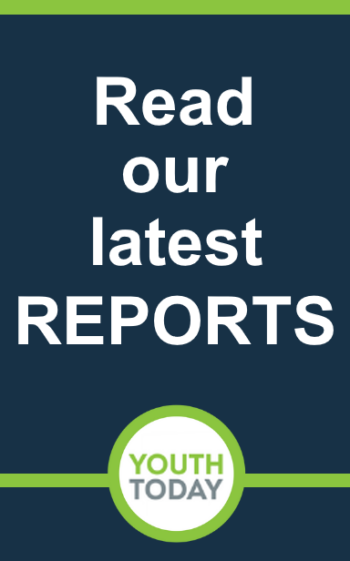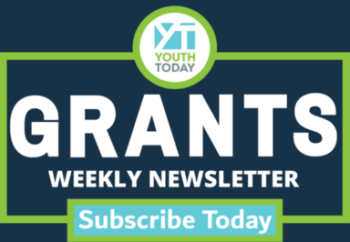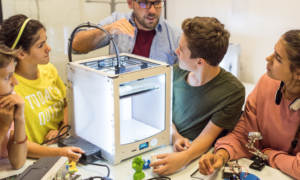Staff of the Robert Bowne Foundation (RBF) were deeply interested in whether or not their professional development and capacity building efforts had the desired effects. Foundation staff looked for effective ways to build and hone grantee strengths and capacities.
In order to identify and meet on-the-ground needs, RBF staff relied on two sources of information: Requests/suggestions from grantee staff members; and Feedback comments and observations of participants in RBF professional development offerings.
The Foundation sought such grantee information in various ways, including:
- Applications for capacity-building initiatives;
- Written evaluations of professional development sessions.
Instruments for gathering participant feedback:
- Networking Meeting evaluation form
- Julia Palmer Library Development and Literacy Support evaluation form
- Evaluation Capacity Building Initiative evaluation form
- Focus groups or telephone interviews as a follow-up to the final meeting of PD seminars and workshops
- Informal conversations initiated either by a participant or by a session leader
- Final report forms to reflect on the overall experience of the professional development as well as report on changes made in their programs as a result of lessons learned or insights gained
- After-session conversations with outside consultants who had observed the session
- Written documentation reports by outside consultants who had observed the session
RBF staff and consultants review evaluations, discuss their own perspectives on the session, confer about any issues to be addressed, and adjust plans for the following session as necessary.
Toward the end of a cycle of sessions on a particular topic, the facilitators review the collected feedback, identify new inquiry questions, and design the following season of offerings based on the summary feedback.
LINKS:
- Snapshot: Example of Using Feedback for Planning
- Examples of instruments for gathering participant feedback:




















